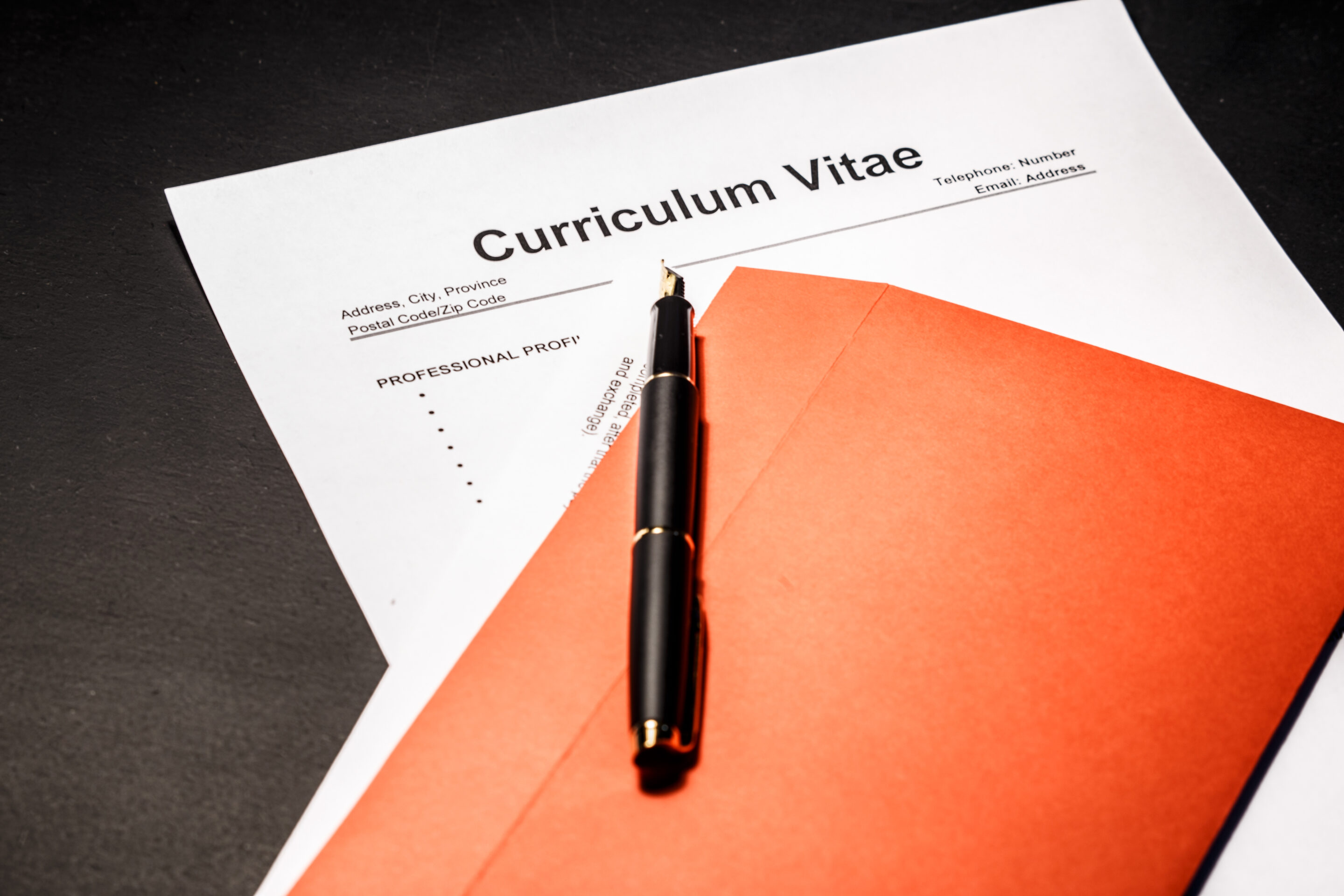

But there you may pause (and you wouldn’t be the first). Is it year’s experience or years’ experience? You’re talking about experience belonging to years, so you know it needs an apostrophe somewhere. But where?
The simple answer is that it all depends on how much experience you actually have (easy now). If it’s one year, write year’s experience. If it’s multiple years, put years’ experience. The apostrophe (and additional s, if necessary) just attaches to the end of the appropriate word written in full. It’s as if the apostrophe+s (for a single year) or apostrophe alone (for multiple years) stands in for the word of:
I have one year of experience = I have one year’s experience
She has twelve years of experience = She has twelve years’ experience
And this rule applies in the same way whenever you refer to anything that ‘belongs’ to a period of time. Lynne Truss brings this point up (along, you imagine, with a delicate smattering of rabid froth) in her book Eats, Shoots & Leaves, where she bemoans the absence of an apostrophe in the film title Two Weeks Notice.
What the producers meant, of course, was Two Weeks’ Notice. Did they learn nothing from A Hard Day’s Night?
Image credit: Africa Studio / Shutterstock
Subscribe
Expert advice to your inbox






